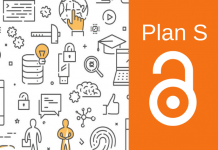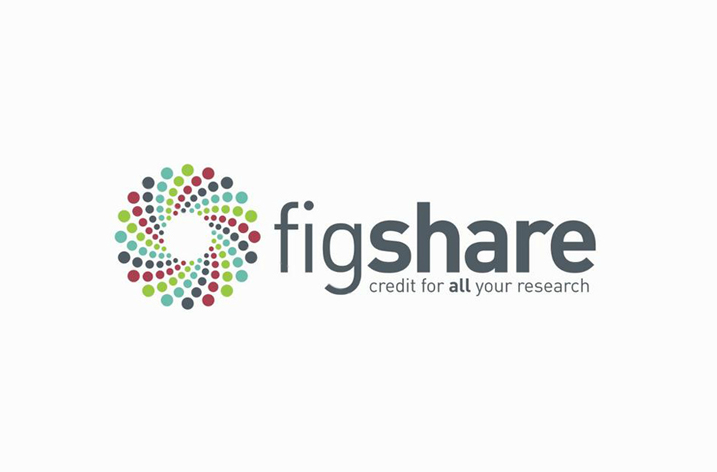
Libraries from the Northern Collaboration, a group of academic libraries in the North of England, have signed an agreement with OCLC to use QuestionPoint software to provide a collaborative out-of-hours virtual enquiry service for students.
“The agreement with OCLC provides several benefits to Northern Collaboration members,” explained Sue White, Northern Collaboration Chair and Director of Computing and Library Services, University of Huddersfield. “It provides our members with the tools necessary to offer a complete virtual reference system. Our participation in the global QuestionPoint 24/7 cooperative makes it possible for us to offer our users around-the-clock support, with librarians in other time zones helping our students with questions whenever we aren’t available.”
Having successfully piloted the service with seven institutions, the service is now being rolled out across the wider Northern Collaboration group. To date, 16 of the 26 institutions have signed up for the service.
Liz Jolly, Director, Library and Information Services, Teesside University and Co-leader of the Virtual Enquiry Services pilot said: “The project has clearly demonstrated the financial and service benefits of working collaboratively and positively contributed to student satisfaction with library services. Both the Northern Collaboration and OCLC have brought expertise and enthusiasm to develop a service which is of great value to students, staff and our institutions. While our work in this area is ongoing, we hope the model can be adopted more widely in the UK higher education sector.”
Andrew Hall, UK Sales Manager, OCLC, stated: “We are delighted to be working with the Northern Collaboration on this initiative. The group was set up as a means to foster innovation and efficiency by working together. This ethos is at the hub of everything OCLC has been doing for over 40 years. We work with our libraries to share data, work and resources in ways that save time and money while improving service for the users and communities that we serve. This is a great example of this approach in practice.”



























